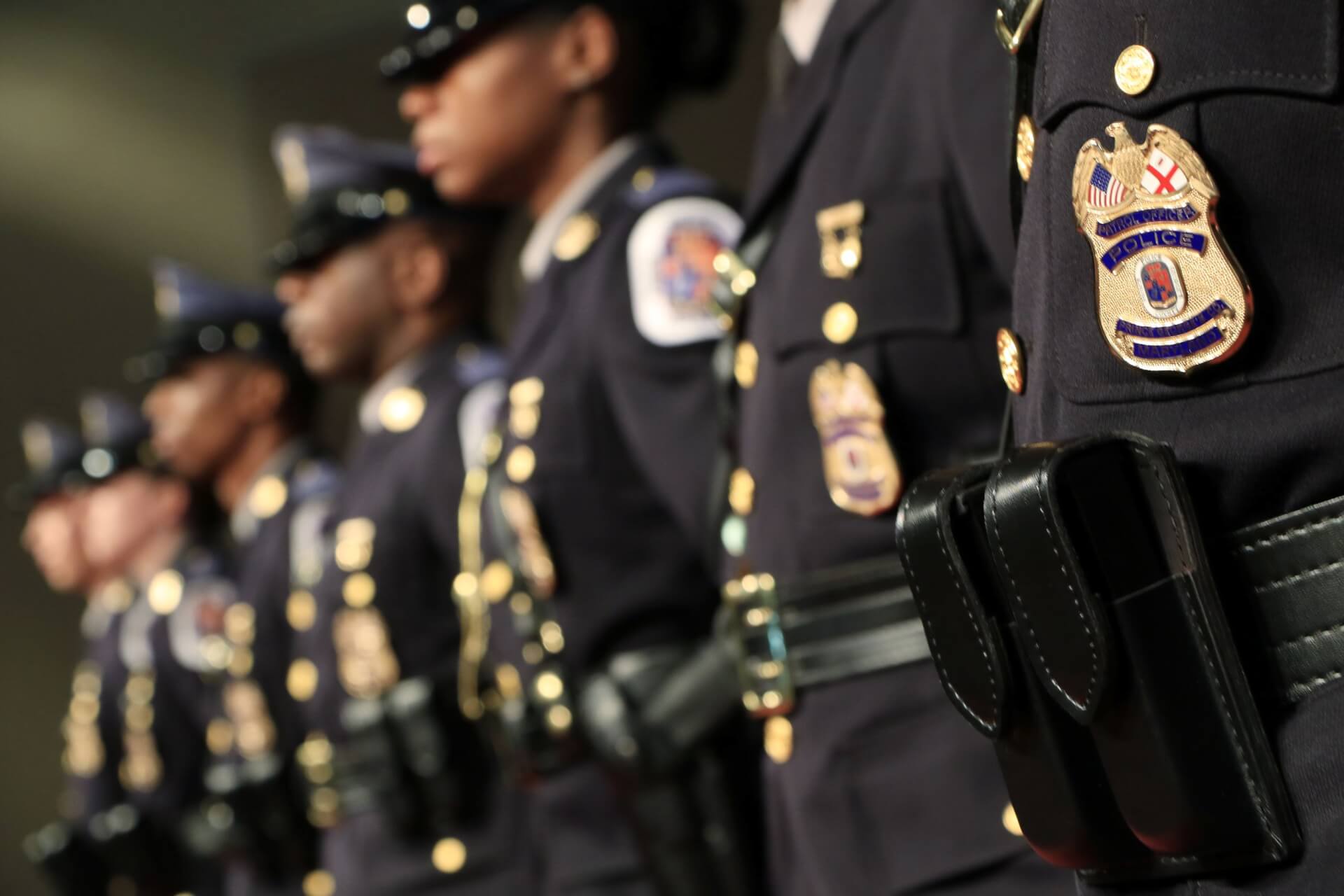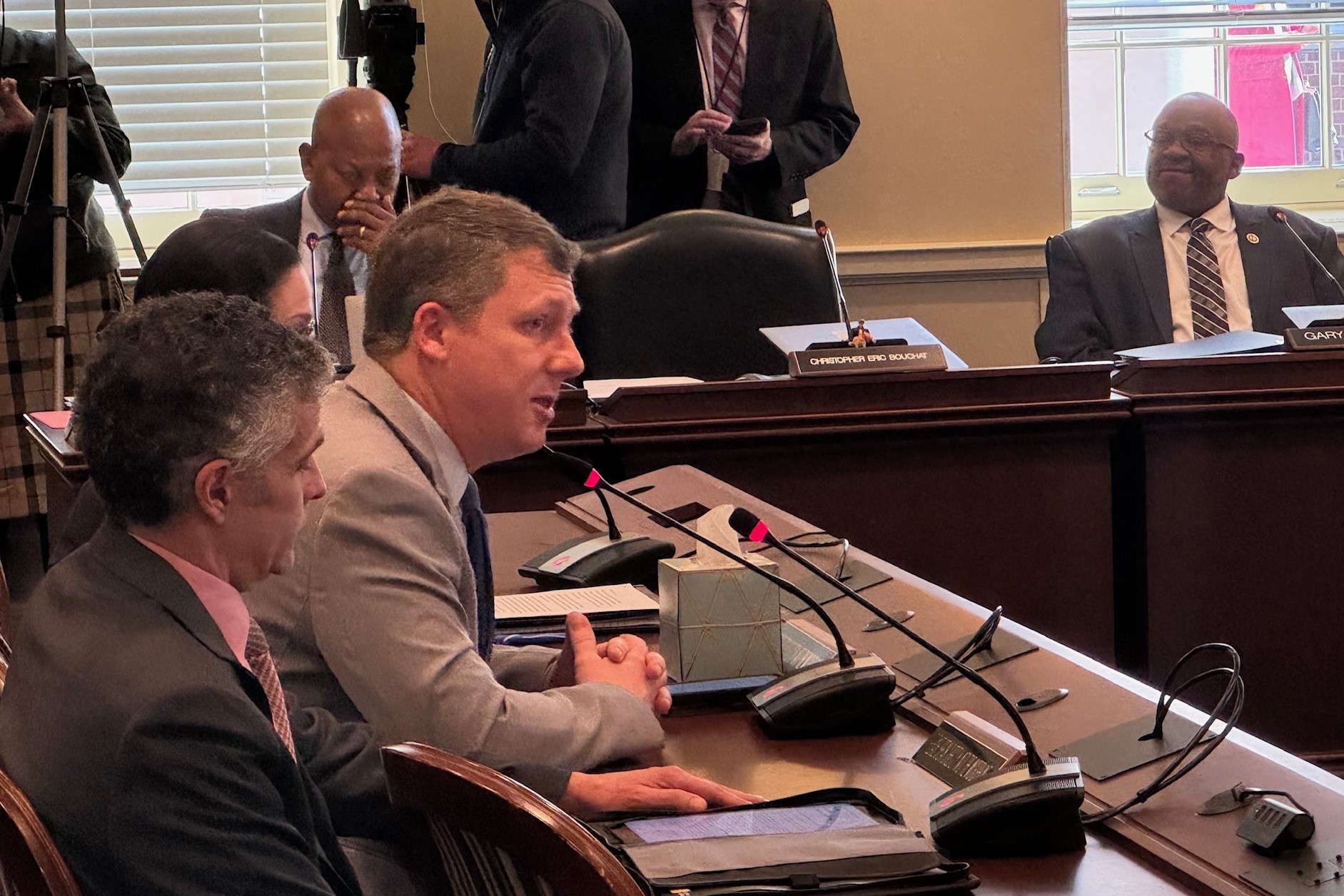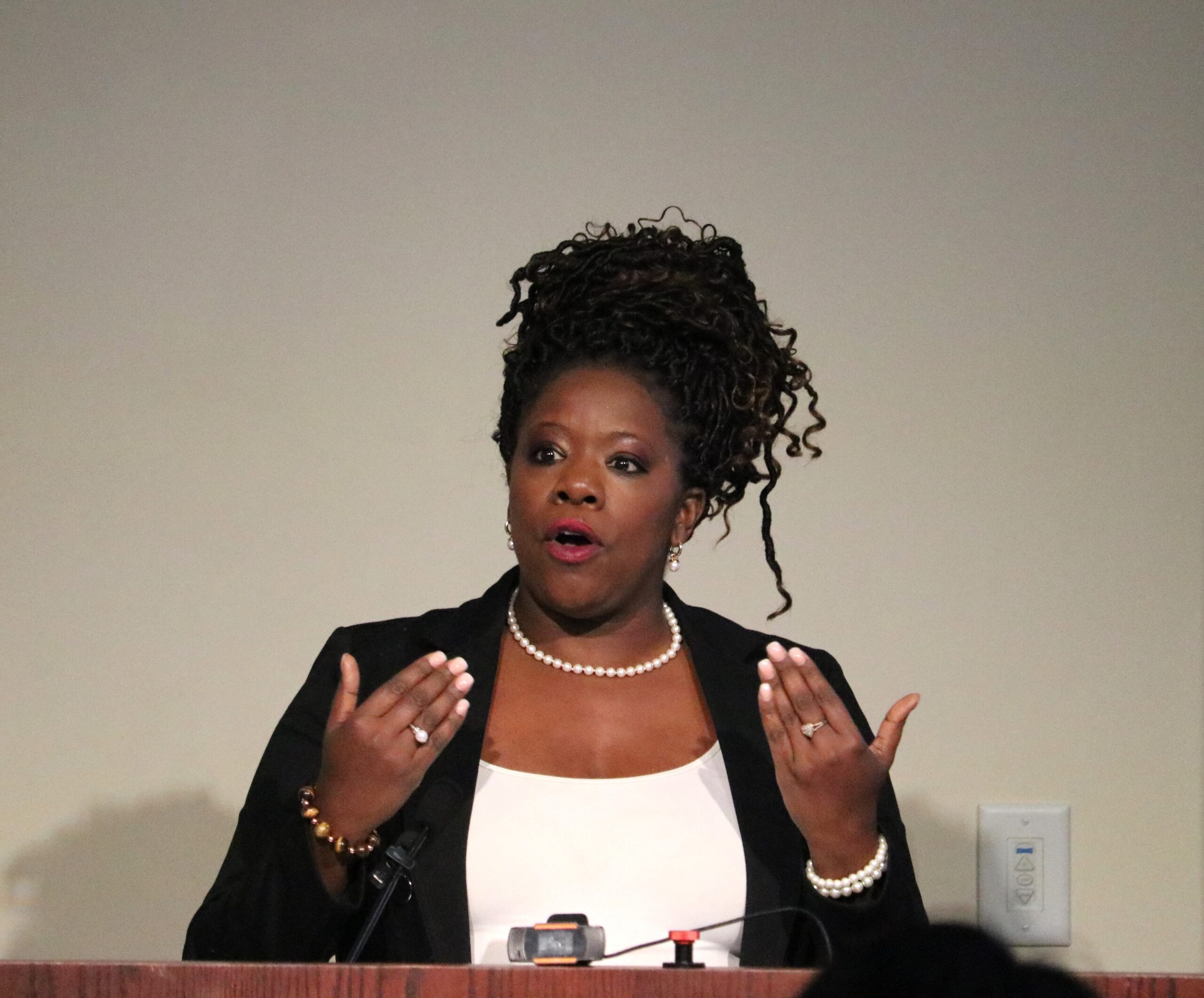Federal Judge Orders Release of Expert Report Detailing Officer Misconduct

A federal judge ruled Wednesday to unseal an expert report detailing dozens of instances of misconduct and discriminatory practices perpetrated by officers in the Prince George’s County Police Department.
The report, which led to the resignation of former Prince George’s Police Chief Hank Stawinski last summer, will largely be unredacted, barring any officer contact or personal information and certain details related to internal investigations records.
Names of many of the officers cited in the report will be publicly available.
“All in all, this is a very good result for the Public Defender’s Office, and for the broader Prince George’s County community, which will now have access to new information about PGPD misconduct that had previously been hidden from public view,” said Nicolas Riley, the attorney representing the Prince George’s County Office of the Public Defender.
The court is requiring an unredacted version of the report compiled by policing expert Michael Graham to be submitted by Feb. 20.
Graham’s expert report was filed in support of a lawsuit brought by the Hispanic National Law Enforcement Officers Association against Prince George’s County in 2018, and was heavily redacted under a confidentiality order.
In his report, Graham found that Prince George’s County Police Department was not adequately investigating discrimination allegations that Black and Brown employees leveled against white officers.
“The current leadership of the Department appears to have made a deliberate choice not to track or monitor its performance concerning these matters,” he wrote.
The document detailed allegations of sexist text messages, jokes about lynchings and slavery and a walk-out staged by mostly white officers during an implicit bias training session, among other uninvestigated incidents.
Additionally, when allegations were looked into, Graham said that they weren’t properly investigated.
In the opinion released Wednesday, U.S. District Judge Theodore D. Chuang stated that Prince George’s County argued that the document should remain redacted or under seal because it contains “sensitive employment and disciplinary information of PGCPD personnel.”
Under the Maryland Public Information Act, records relating to police discipline and misconduct, including internal investigations records, are considered personnel records, protecting them from public disclosure.
Chuang disagreed with the county’s argument, calling its inclusion of data aggregated from internal investigations records, state court records, news articles, social media posts, emails, equal employment opportunity complaints and civilian complaints used in the report an “overly expansive definition.”
“Although at least some of the records at issue meet this definition, such that there is a specific state interest in maintaining their privacy, invocation of the MPIA is not dispositive on the issue of sealing because this interest is by no means absolute,’” he wrote.
In a statement issued Thursday, Prince George’s County Attorney Rhonda L. Weaver said that Chuang’s ruling is being reviewed and that the county intends to “fully comply” with his order.
“Maryland law imposes confidentiality requirements on personnel records of employees, and the Court gave important guidance as to what information could and could not be released,” she said. “Prince George’s County will continue to vigorously defend the employment practices of the Prince George’s County Police Department and the release of the reports from both sides, and other files, will make it clear that the Prince George’s County Police Department did not engage in discriminatory behavior.”
In September, attorneys representing the Prince George’s County Office of the Public Defender filed motions to intervene in the lawsuit and to unseal, or unredact, the expert report, alleging that state prosecutors failed to disclose evidence that could influence their cases.
Under the 1963 federal court case Brady v. Maryland, the Supreme Court ruled that withholding evidence is a violation of Fifth Amendment due process rights. The motion to unseal filed on behalf of the Office of the Public Defender argued that Prince George’s County State’s Attorney Aisha N. Braveboy (D) had violated that precedent.
In response, Braveboy told Maryland Matters in September that she had similarly been denied access to police misconduct records by the county, and was “filing an emergency motion with the federal court for the unredacted report.”
According to Chuang’s opinion, the Prince George’s County State’s Attorney’s Office filed a motion to modify the confidentiality order, which would allow the department to turn over protected records to state prosecutors.
Braveboy was also granted access to the report Wednesday.
Editor’s note: This story was updated Thursday morning to include a statement from Prince George’s County Attorney Rhonda L. Weaver.




 Creative Commons Attribution
Creative Commons Attribution